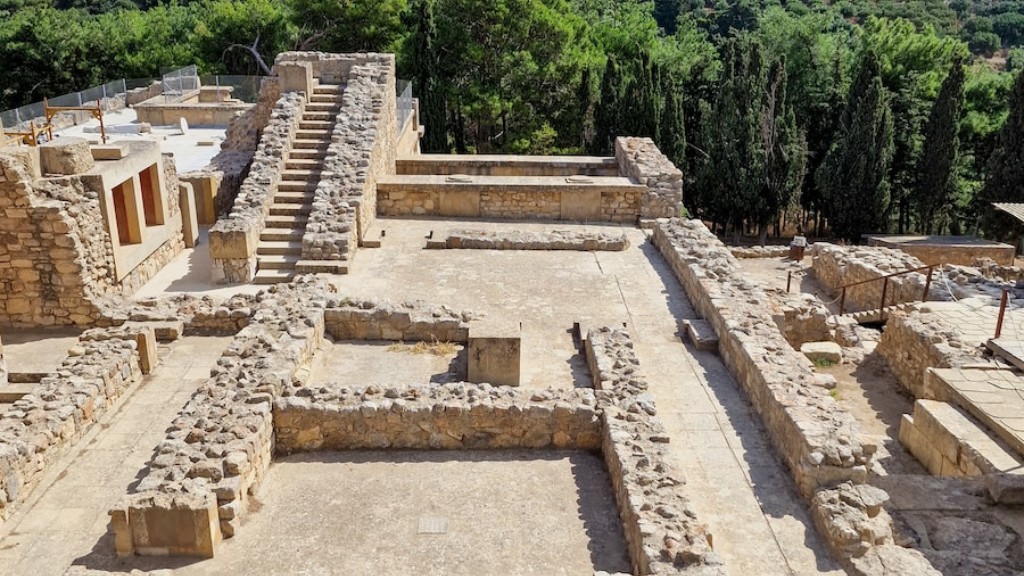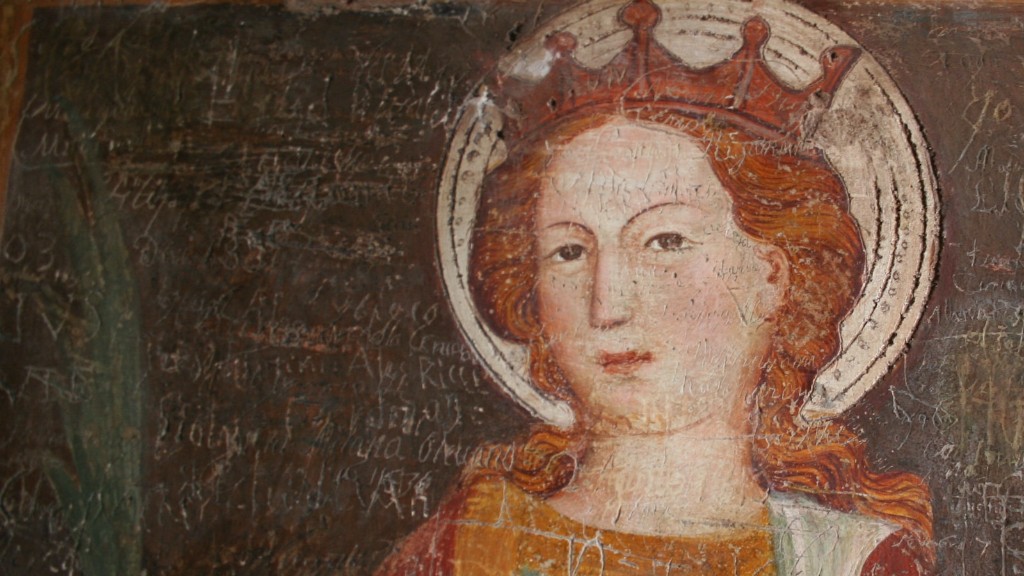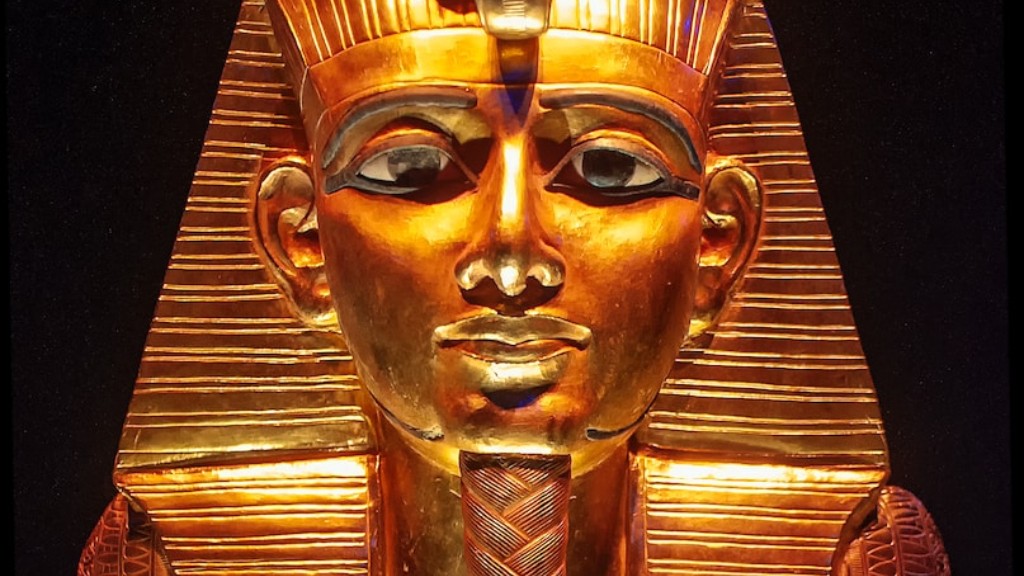How old is Ancient Greece?
Ancient Greece, a civilization known for its significant contributions to art, philosophy, literature, and politics, has a rich and complex history that dates back thousands of years. Determining the exact age of Ancient Greece involves examining various historical and archaeological evidence.
Archaeological Evidence
The origins of Ancient Greece can be traced back to the Bronze Age, which began around 3000 BCE and lasted until the influx of the Dorians around 1100 BCE. The Minoan and Mycenaean civilizations, which predated Classical Greece, flourished during this period.
Archaeologists have unearthed numerous artifacts, such as pottery, sculptures, and architectural remains, from this era. These archaeological findings provide invaluable insights into the material culture, lifestyle, and artistic achievements of the ancient Greeks.
Historical Accounts
Written historical accounts also play a crucial role in determining the age of Ancient Greece. The works of ancient Greek historians, such as Herodotus, Thucydides, and Xenophon, provide valuable information about the events, personalities, and societal structures of the time.
Furthermore, the works of later historians and scholars, such as Plutarch and Pausanias, offer additional insights and analysis of the ancient Greek world.
Chronological Framework
Constructing a chronological framework for Ancient Greece is essential to understand its development over time. This framework helps scholars and researchers organize historical and archaeological data into coherent periods, allowing for a better understanding of the progression of Greek civilization.
One commonly used chronological framework divides Ancient Greece into three major periods: the Archaic period (c. 800-480 BCE), the Classical period (c. 480-323 BCE), and the Hellenistic period (c. 323-31 BCE).
Scientific Dating Methods
Scientific dating methods, such as radiocarbon dating, dendrochronology, and thermoluminescence dating, assist in establishing more precise timelines for Ancient Greece.
Radiocarbon dating, for example, measures the decay of carbon-14 isotopes within organic materials. By analyzing the ratio of carbon-14 to carbon-12, scientists can estimate the age of organic artifacts found in ancient Greek sites.
Dendrochronology, or tree-ring dating, involves analyzing the patterns of tree rings in wooden objects. This method helps determine the age of wooden structures, such as buildings or ships, by comparing their ring patterns with established reference chronologies.
Thermoluminescence dating, on the other hand, measures the amount of light emitted from crystalline materials, such as pottery, when exposed to heat. By analyzing the emitted light, scientists can estimate the time since the last heating event, providing insight into the age of the pottery.
Debates and Uncertainties
While vast amounts of evidence exist to estimate the age of Ancient Greece, debates and uncertainties still surround certain aspects.
One ongoing debate revolves around the exact chronology of the Trojan War, a significant event in Greek mythology and literature. The war is described in the epic poems of the Iliad and the Odyssey, attributed to the Greek poet Homer. However, determining the historical accuracy and dating of the Trojan War remains a subject of contention among scholars.
Additionally, the precise dating of specific events or individuals in Greek history may vary depending on the interpretation of available evidence. As new discoveries and research emerge, our understanding of Ancient Greece continues to evolve.
Nevertheless, the collective efforts of historians, archaeologists, and scientists have allowed us to develop a comprehensive understanding of the age of Ancient Greece.
Conclusion
In conclusion, Ancient Greece has a long and fascinating history that extends back thousands of years. By combining archaeological findings, historical accounts, chronological frameworks, and scientific dating methods, experts have been able to estimate the age of Ancient Greece. However, ongoing debates and uncertainties remind us that our understanding of this ancient civilization is ever-evolving.




